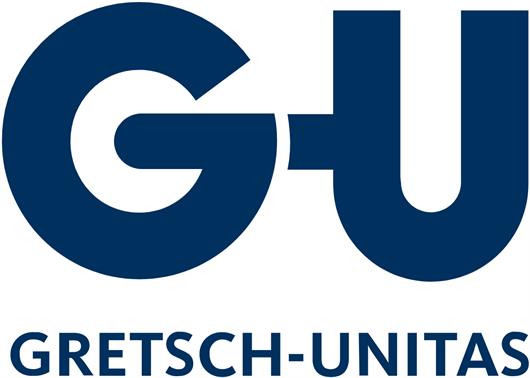 Add My Company
Add My Company
Sign In
Michael von Resch, managing partner of Gretsch-Unitas, on the effects of the corona pandemic
07-12-2020

Even if various loosening measures make an end to the crisis seem foreseeable, this - unprecedented - exceptional situation is still not predictable. I do not think there will be a return to "normal" normality, as many would like to see, in the foreseeable future. What this much conjured up "new" normality is, remains to be seen.
Michael von Resch, managing partner of Gretsch-Unitas, on the effects of the corona pandemic
To what extent was your company affected by the pandemic and the subsequent shutdown?
The shutdown affected our foreign business in particular. That naturally reduced our order intake. However, demand in the German market was and is stable and has even increased. The construction industry is still doing well at the moment, and we also observed higher stockpiling by some customers at the beginning of the pandemic. Our global sites can react independently and flexibly to the respective events on site.
Were there delays in the supply chain?
In order to keep production running, we already started looking for second suppliers at the beginning of the corona crisis. This strategy is sometimes a bit more expensive and involves some effort, but in the case of Northern Italy, where we source some of our components, it paid off. We were and are able to ensure that our customers receive their ordered goods reliably and on time.
Have you applied for and implemented short-time working?
We had applied for short-time work and implemented it for four months. We will return to regular work in August. The percentage of short-time work varied from department to department.
How would you assess the solidarity of the employees during this special time?
Very high! The employees have shared the work in shifts and other personal restrictions and sacrifices in a very positive way.
What does the so-called new normality look like for you?
Many would be happy about the return to "normal normality". What exactly this "new normality" is, remains to be seen. We cannot judge that at this point in time.
However, we can also see that the new paths that we have now been forced to take serve to rethink, question routines and cut off old pigtails. This pandemic is a turning point in time and we should also see opportunities in it. For example, we will certainly retain video conferencing to a certain extent, even if the ban on contact is relaxed. We can imagine that we will continue to offer our seminars online, even if attendance seminars can take place again. Even when our customer advisors were not allowed to visit customers, we were able to maintain contact by telephone. So there will be some areas in which procedures and processes will be rethought.
For half a year the rate for sales tax will be reduced. Will you ignore this because of possible costs, pass the advantage on to your customers or even add a discount campaign?
In the B-2-B sector, the VAT rate as a transitory item does not play a role. The temporary reduction means costly and time-consuming for us, especially in the case of partial deliveries and the associated partial payments on the key date for the provision of services.
Moreover, in my opinion, customers are only prepared to make major purchases in times of crisis if they feel that they are now getting a truly unique advantage. That is not what the reduced VAT does. You take the discount because it is offered. It is not a purchase trigger. Plus I am afraid that a reduction in VAT will trigger a spiral of discounts, which will tend to motivate customers but also reduce margins.
For more information on Michael von Resch, managing partner of Gretsch-Unitas, on the effects of the corona pandemic talk to Gretsch Unitas Limited
Enquire Now
List your company on FindTheNeedle.

